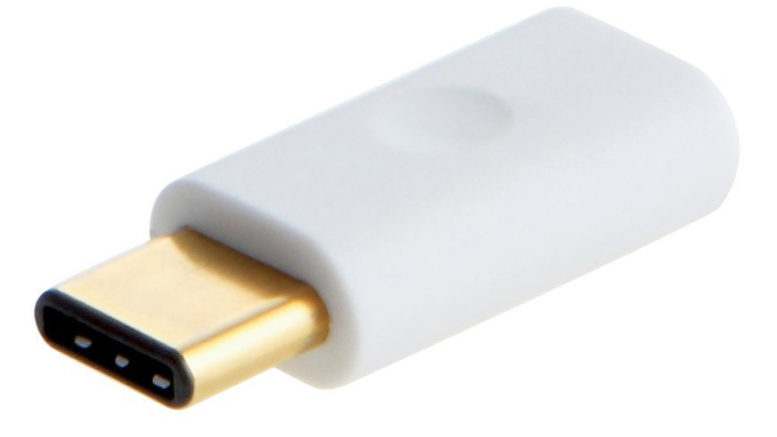If you’re a follower of Apple’s, you probably have heard the rumors. The European Union has already mandated that all mobile phones must charge via USB-C. The American government has considered the same, and so has Brazil. Does that mean that the days of the Lightning port are finally numbered?
USB type C vs. Lightning
The Lightning connector was first rolled out in 2012 as a replacement for Apple’s venerable dock connector. The dock connector seemed compact when first rolled out, but by the 2010s it was becoming a problem. The connector broke easily and was quite large by today’s standards. Lightning was a revelation. A tiny, reversible connector that outperformed MicroUSB in every possible way. Despite being completely proprietary, it seemed to be the best choice.
USB-C was a logical reaction to both the Lightning connector and the annoyingly difficult yet ubiquitous MicroUSB. Reversible, just like a Lightning connector but also capable of carrying data much more quickly. It took a little bit of time, but by the 2020s it was used on practically all Androids.
The USB C connector is a little larger than Lightning. Lightning is a bit more logical, as it creates less space for dust to collect in a phone’s port. But, it’s superior to Lightning in other ways. The connector itself can carry enough current to power a monitor, and enough data to run the fastest hard drives.
Would a USB iPhone be so bad?
Apple has already moved to USB-C in its iPads and laptops. Adding it to iPhones could conceivably leave less room for a battery, but I doubt that real battery performance would be affected. Yes, we would all have to throw out the cables we’ve accumulated. But most Lightning cables are so flimsy that we rarely keep them around for long anyway.
I’m of the opinion that moving to USB for the iPhone is a good thing and will make it easy for all of us to keep as few cables around as possible. It will also make data transfers a lot faster, during those times we do need to use a cable. In short, I’m for it.
The alternative I’m dreading
Apple is not known for being a spiteful company these days, but there is a possible option here that might seem pretty darn spiteful. Faced with the reality of requiring USB, Apple could simply remove the charging and data port altogether. They would say that most people charge wirelessly anyway, and that data transfer over cables is very rare. They’d be right on both accounts, except…
The truth is that wireless charging just isn’t as fast as wired charging. There are times when that really makes a difference. If you’re waiting in line to use one of the rare power outlets at an airport, you want the fastest charging you can get. Cards on the table, it’s impossible to get an iPhone to last more than a day on a charge if you use it in a regular way. If you could go 5 days without charging, I could see this being less of an issue. But we need to be honest that wired charging is still an important part of life. Going portless would make the iPhone worse.
What do you think?
Would you have a problem with a USB iPhone? Would you welcome it? What about a portless iPhone? Leave a comment below. Let’s have a conversation now before Apple makes a move. Who knows, they might actually listen to us.





